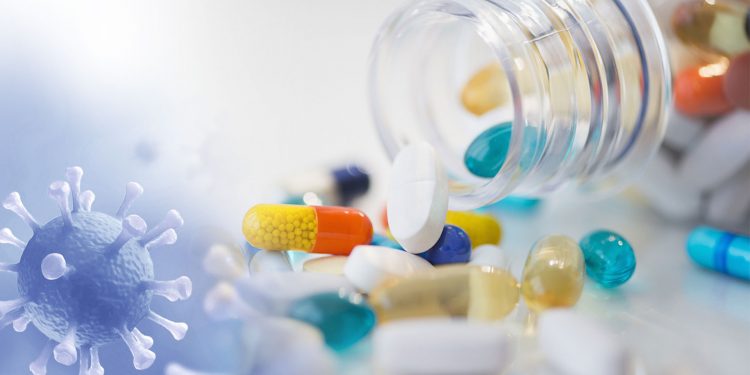Washington: Health officials around the world are clashing over the use of certain drugs for COVID-19. The issue has led to different treatment options for patients depending on where they live. The health officials have also warned patients of using many of the drugs that are being used to treat COVID-19.
The World Health Organisation (WHO) guidelines panel advised Friday against using the antiviral remdesivir for hospitalised patients. Health officials of the WHO said there’s no evidence it improves survival or avoids the need for breathing machines.
But in the US and many other countries, the drug has been the standard of care. It started since a government-led study found other benefits. The study said remdesivir shortened recovery time for hospitalised patients by five days on average, from 15 days to 10.
Within the US, a federal guidelines panel and some leading medical groups have not endorsed two other therapies the Food and Drug Administration authorised for emergency use. They are Eli Lilly’s experimental antibody drug and convalescent plasma, the blood of COVID-19 survivors. The groups say there isn’t enough evidence to recommend for or against them.
Doctors also remain uncertain about when and when not to use the only drugs known to improve survival for the sickest COVID-19 patients: dexamethasone or similar steroids. And things got murkier with Thursday’s news that the anti-inflammatory drug tocilizumab may help.
Like the key WHO study on remdesivir, the preliminary results on tocilizumab have not yet been published or fully reviewed by independent scientists, leaving doctors unclear about what to do.
“It’s a genuine quandary,” said the University of Pittsburgh’s Dr Derek Angus, who is involved in a study testing many of these treatments. “We need to see the details,” he added.
Dr Rochelle Walensky, infectious disease chief at Massachusetts General Hospital, agreed. “It’s really hard to practice medicine by press release,” she said on a podcast Thursday with a medical journal editor.
The WHO guidelines stress that the drug does not save lives, based heavily on a WHO-sponsored study that was larger but much less rigorous than the US-led one that found it had other benefits.
The drug is given through an IV for around five days, and its high cost and lack of ‘meaningful effect’ on mortality make it a poor choice, the WHO panel concluded.
Gilead charges USD 3,120 for a typical treatment course for patients with private insurance and USD 2,340 for people covered by government health programmes in the US And other developed countries. In poor or middle-income countries, much cheaper versions are sold by generic makers.






































